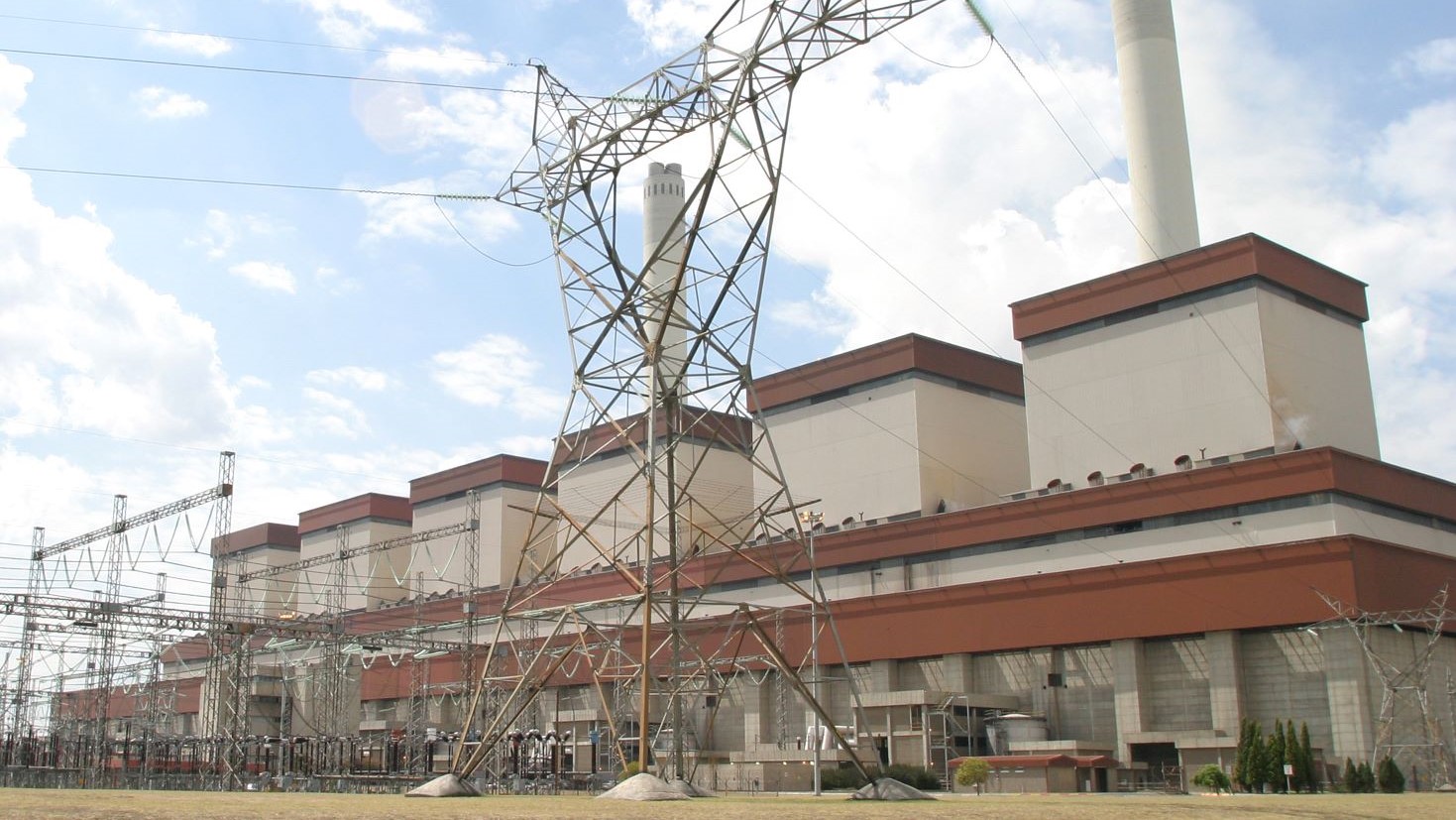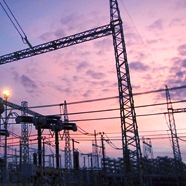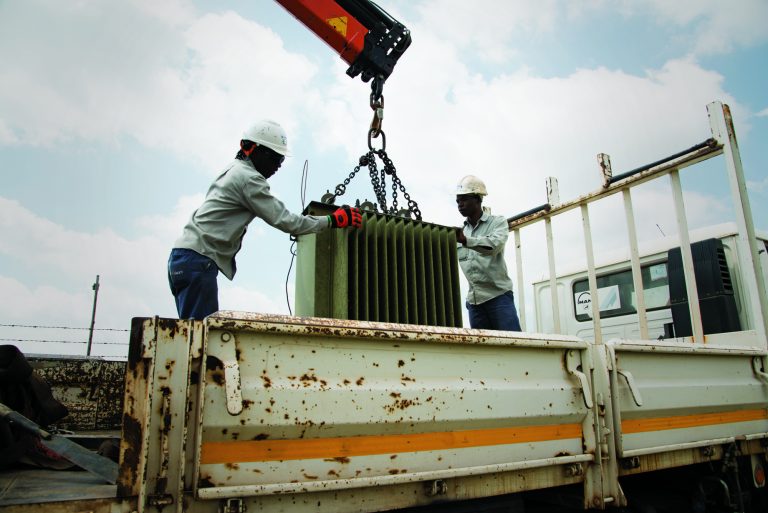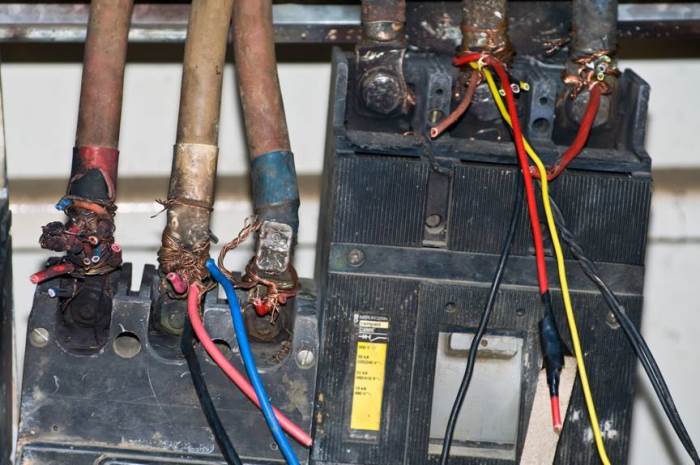Loadshedding was suspended at 05:00 after it was implemented following the loss of five units prior to and during Wednesday’s evening peak – ongoing high levels of planned maintenance continue until early April.
Thursday, 20 March 2025: Eskom confirms that loadshedding was suspended at 05:00 this morning supported by a constrained but stable power system and adequate emergency reserves.
Eskom had sufficient emergency reserves for last night’s evening peak. However, the loss of five generating units before and during this period necessitated the implementation of Stage 2 loadshedding for ten and a half hours overnight. Two of these units were from the Cahora Bassa hydro dam in Mozambique.
Overnight, four of the five units were rapidly restored and brought back online, along with two additional units from previous outages, resulting in a total generation recovery of approximately 3 000MW.
Following the suspension of loadshedding, an additional 720MW was restored. Furthermore, over the long weekend, an additional 2 120MW is expected to return to service, contributing to grid stability.
“The previous loadshedding events this year were primarily as a result of insufficient emergency reserves that needed to be replenished following extended delays in returning units to service after maintenance, that was not the case last night. With the currently constrained system and the planned use of emergency reserves to manage peak periods, the loss of five units prior to and during the evening peak yesterday introduced a generation capacity shortage within the peak period that unfortunately could not be replaced otherwise,” said Dan Marokane, Eskom Group Chief Executive.
“Once more, we offer an apology to the country as we navigate these challenges and for our inability to give a warning in advance. We are reviewing our protocols with the intent of striking a good balance in the timing of our issuing of warnings should it be necessary. We reiterate our commitment to ensuring that South Africa is in no way returning to the levels of loadshedding that we experienced in 2023, and our focus remains on delivering a more reliable, resilient, and sustainable power system for the country, concluded Marokane.
ENDS








